Junkyard Gem: 1977 Dodge Aspen Wagon

Chrysler killed off the wagon versions of the Plymouth Valiant and Dodge Dart compacts in the United States after 1966, which meant that the only new small station wagons offered through the middle 1970s by American Dodge and Plymouth dealers were the Mitsubishi-built Colt and the Hillman-built Cricket. Meanwhile, American Motors was doing pretty well selling Hornet Sportabouts, so something needed to be done. That something turned out to be the Dodge Aspen and its Plymouth Volaré sibling, which debuted as 1976 models and included longroof versions. We saw a discarded Volaré wagon in glorious brown a couple of years back, and now it’s the turn of a similarly brown Aspen wagon, found in a northeastern Colorado self-service boneyard recently.
For quite a while, American manufacturers giving place names to their products preferred to use the titles of picturesque (or at least wealthy) regions with warm climates, e.g., Bel Air, Capri, Monaco, Barcelona, Montego, Monte Carlo, Cordoba, Granada, Torino, Riviera and so on. Aspen, Colorado, isn’t warm but rich people like to ski there and so it seemed like a properly aspirational name for the cheapest U.S.-market Dodge not built by Mitsubishi. Later on, other ski-centric regions of the American West, such as Tahoe and Telluride, were used for vehicle names.
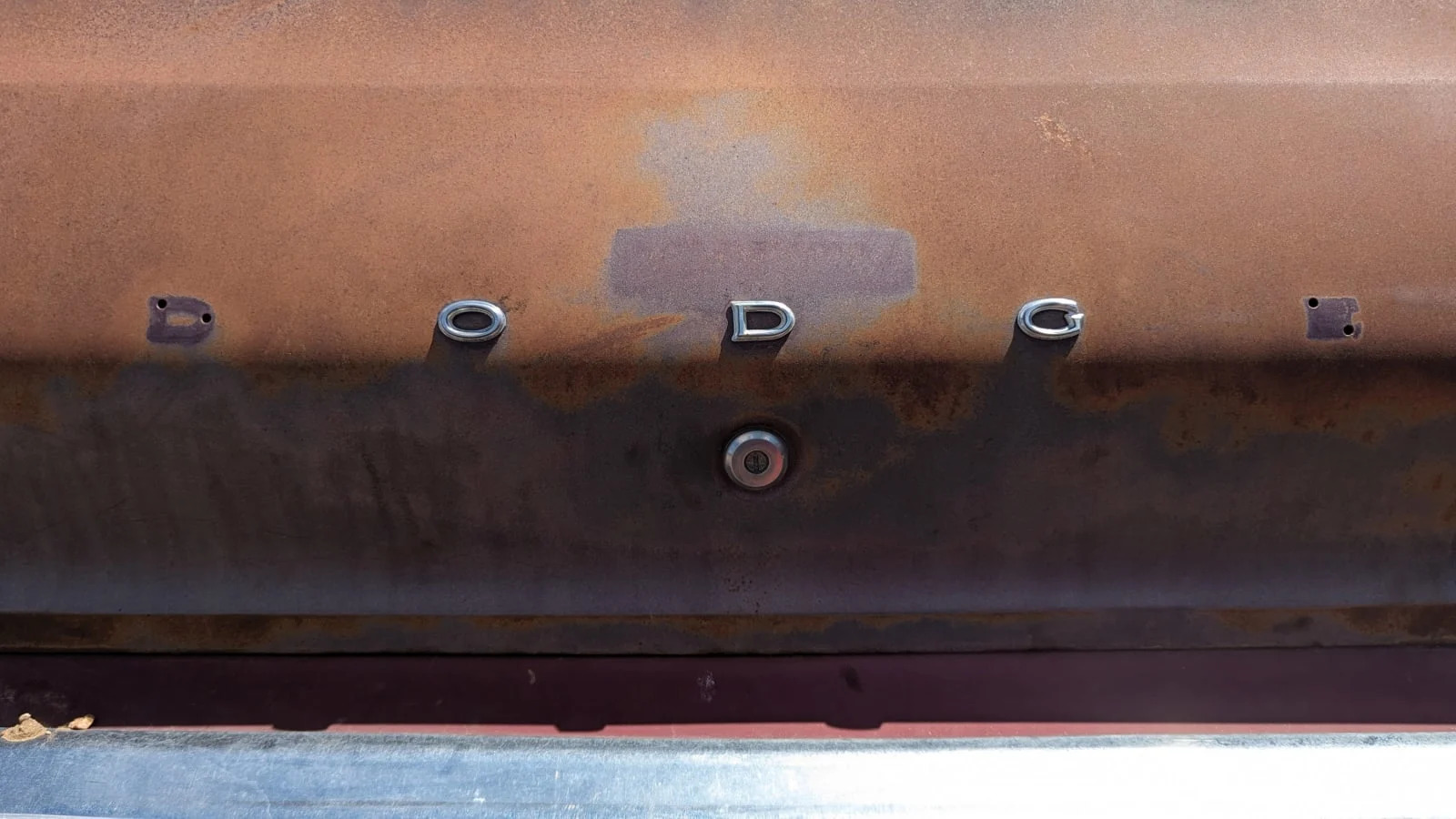
Aspen got even more absurdly wealthy in the decades that followed the Dodge Aspen (which was built for the 1976 through 1980 model years), so Fiat Chrysler couldn’t resist reviving the name on a luxed-up Durango with Chrysler badges during the late 2000s.
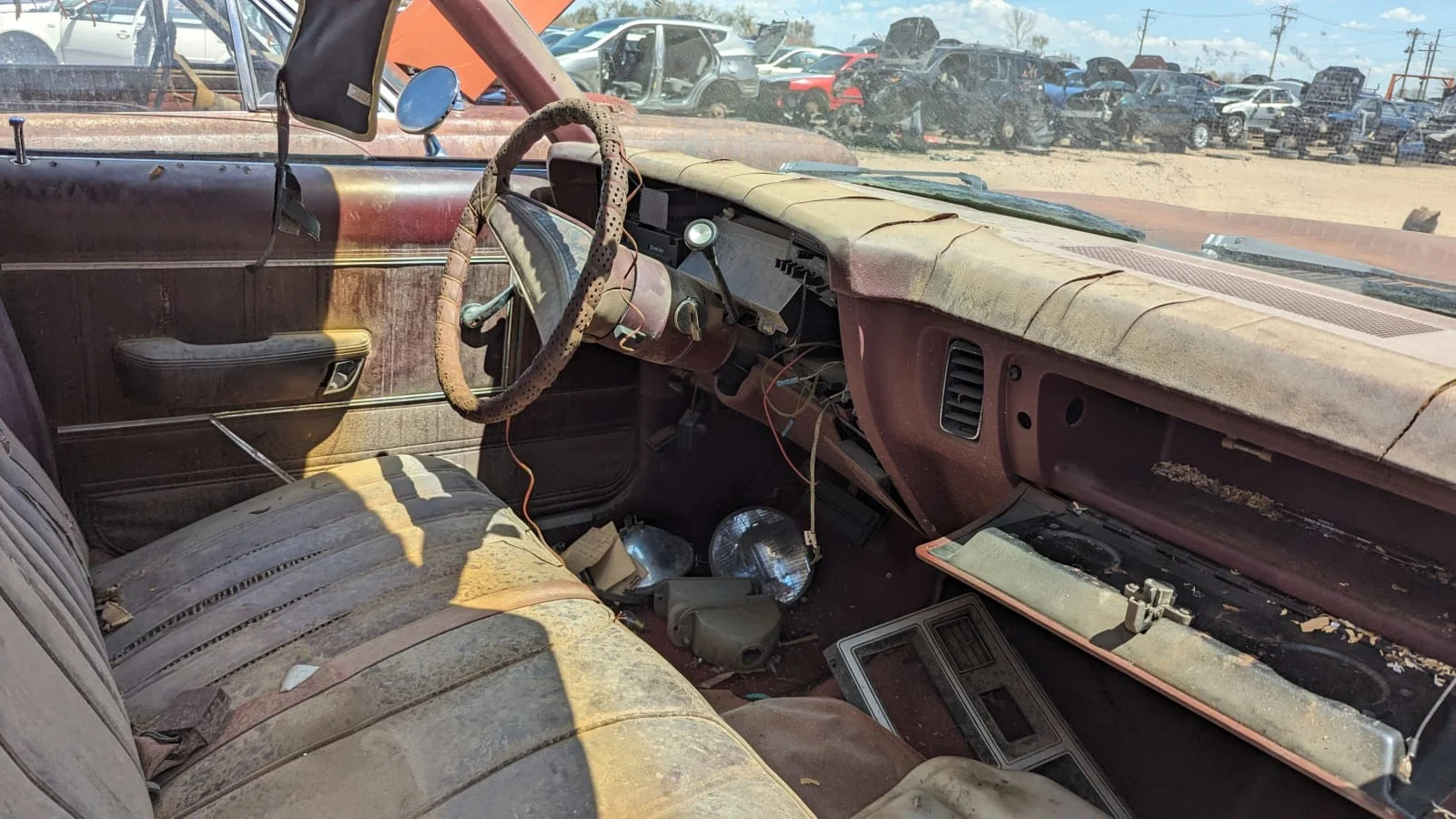
The Aspen and Volaré replaced the dependable but antiquated Dart and Valiant, with the general idea that they would be a bit bigger and more modern-looking than their predecessors while still being cheap, simple transportation.
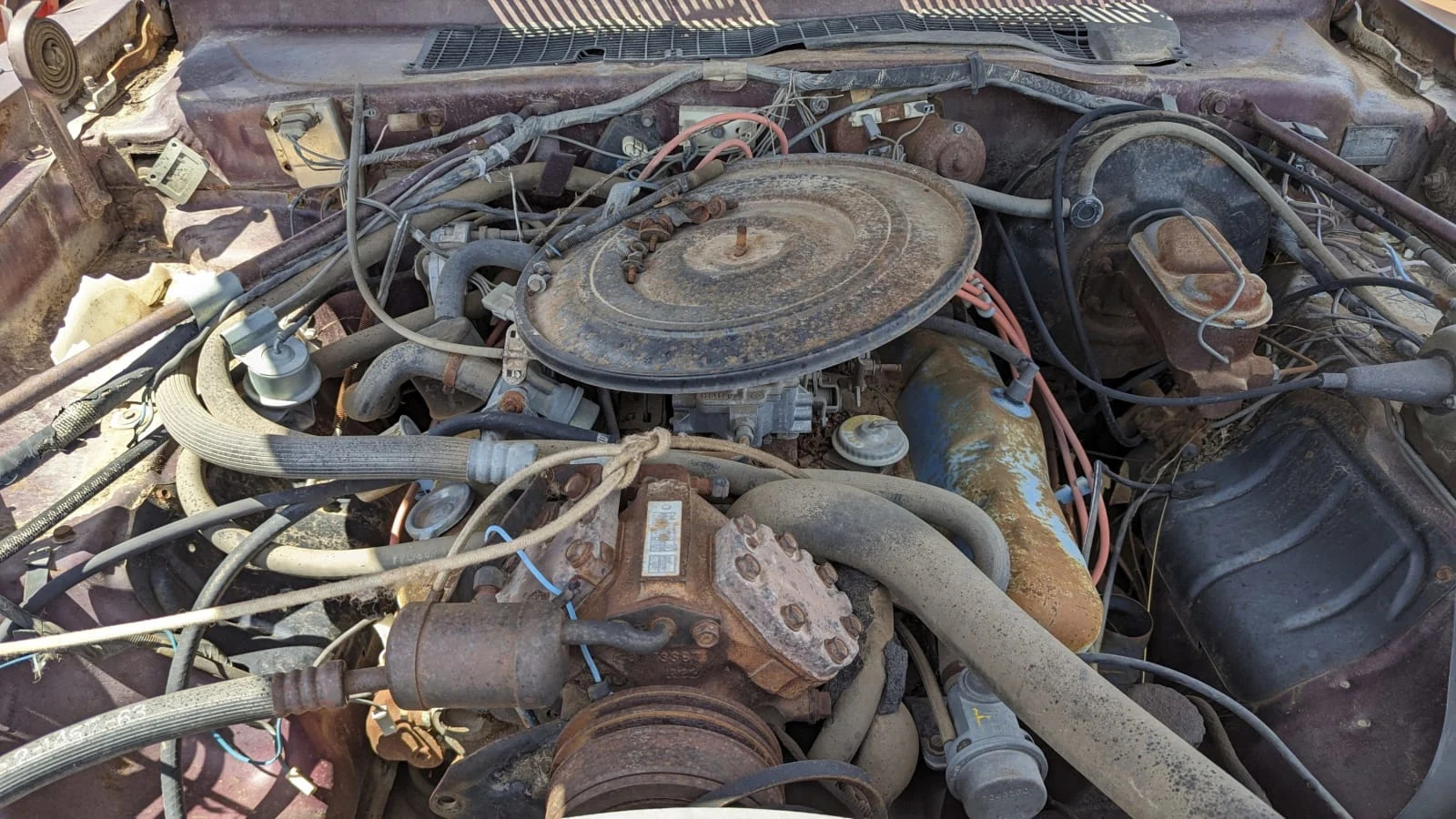
The chassis design was all new, though it still used an old-timey torsion-bar front/leaf-spring rear rig. The powertrains were essentially identical to those of the Dart/Valiant.
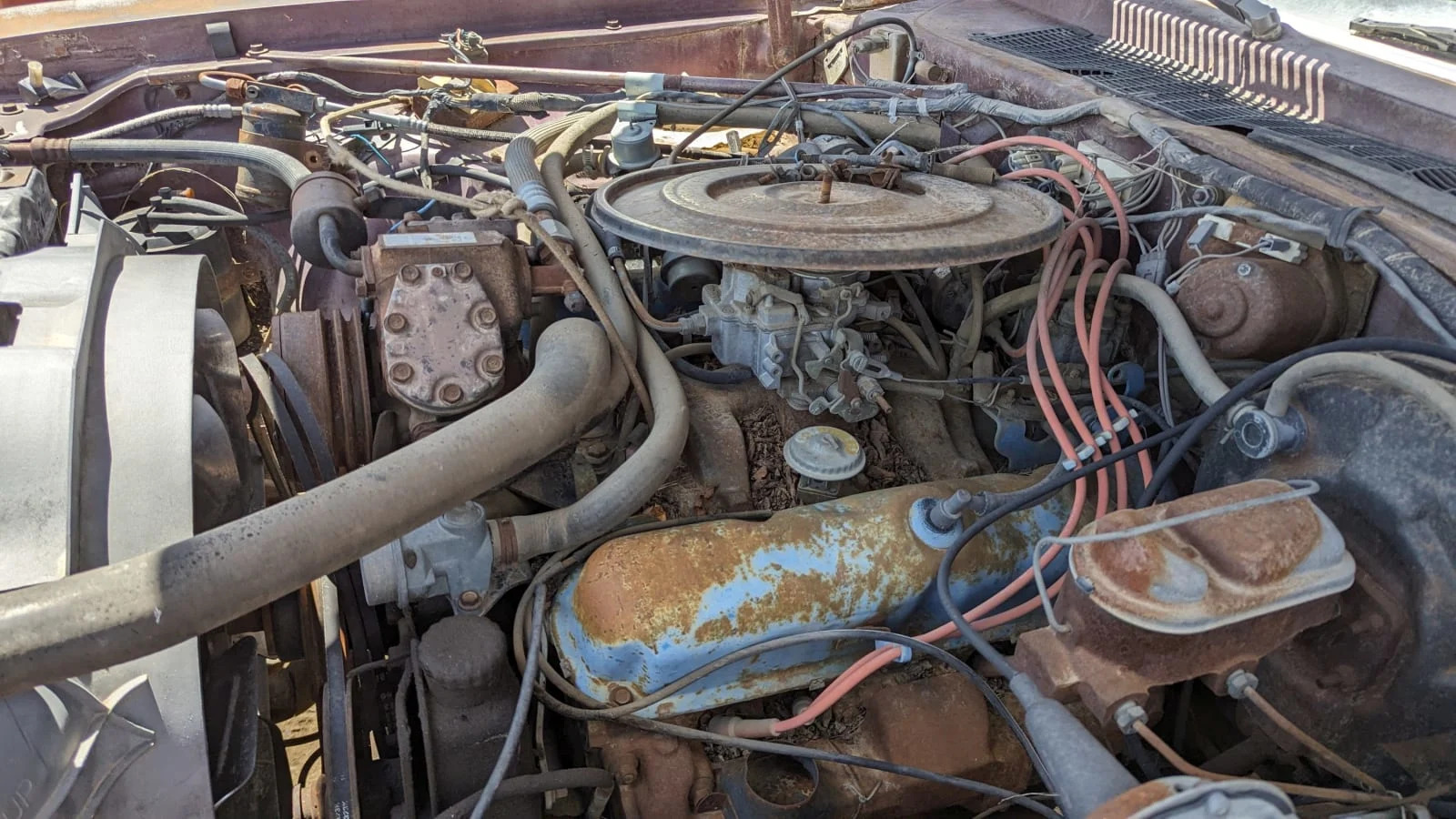
The base engine in the Dodge Aspen was the 225-cubic-inch (3.7-liter) Slant-6, but this car has one of the optional LA-series small-block V8s. Both the 318 (5.2-liter) and 360 (5.9-liter) were available in these cars; the two look identical at a glance and I didn’t feel like catching hantavirus from all the rat poop I’d have had to remove to look at block casting numbers. If it’s a 360 and it’s original, then it’s the two-barrel version with 155 horsepower rather than the four-barrel with 175 horses.
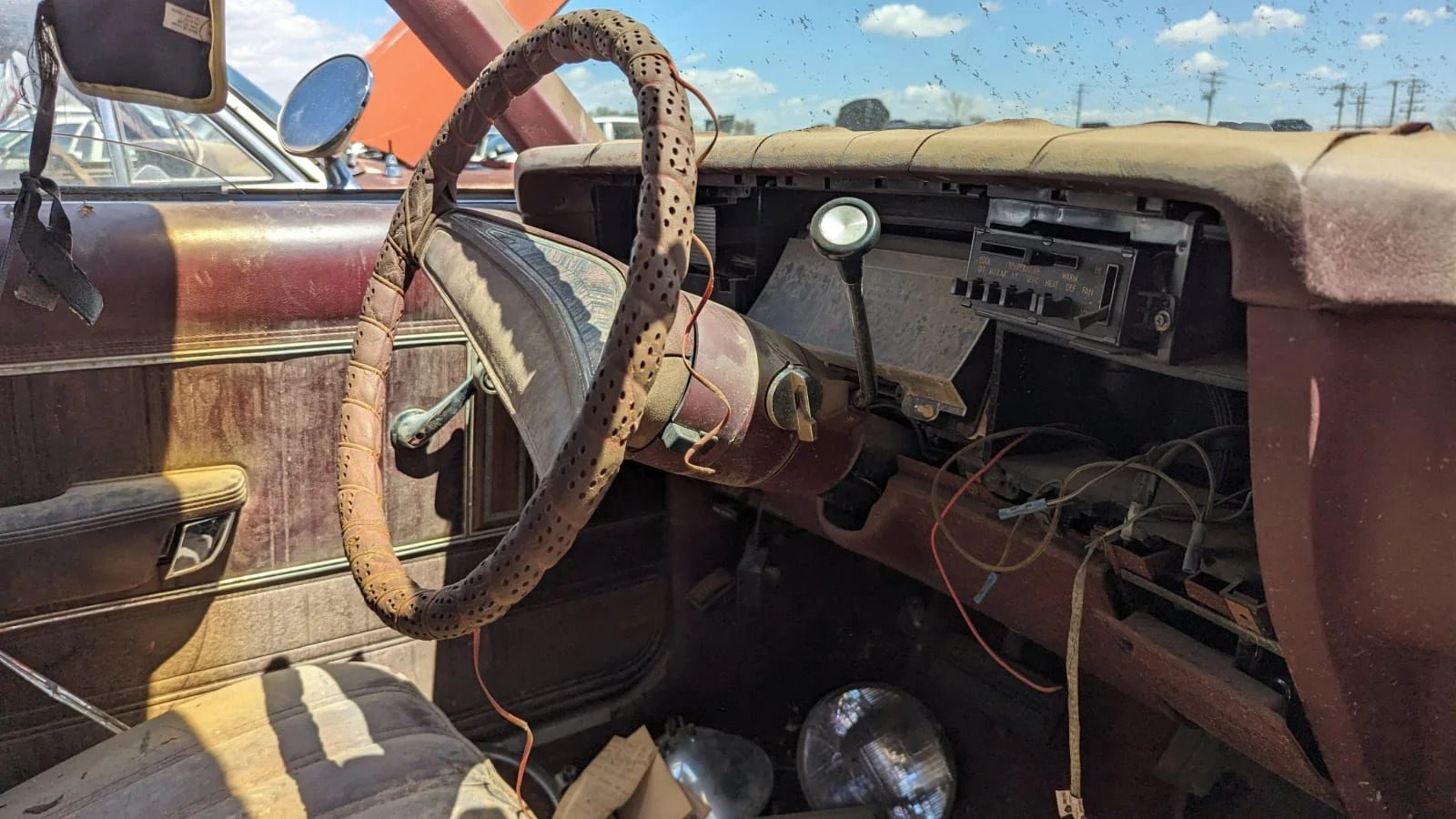
The transmission is the optional three-speed automatic rather than the base three-speed column-shift manual.
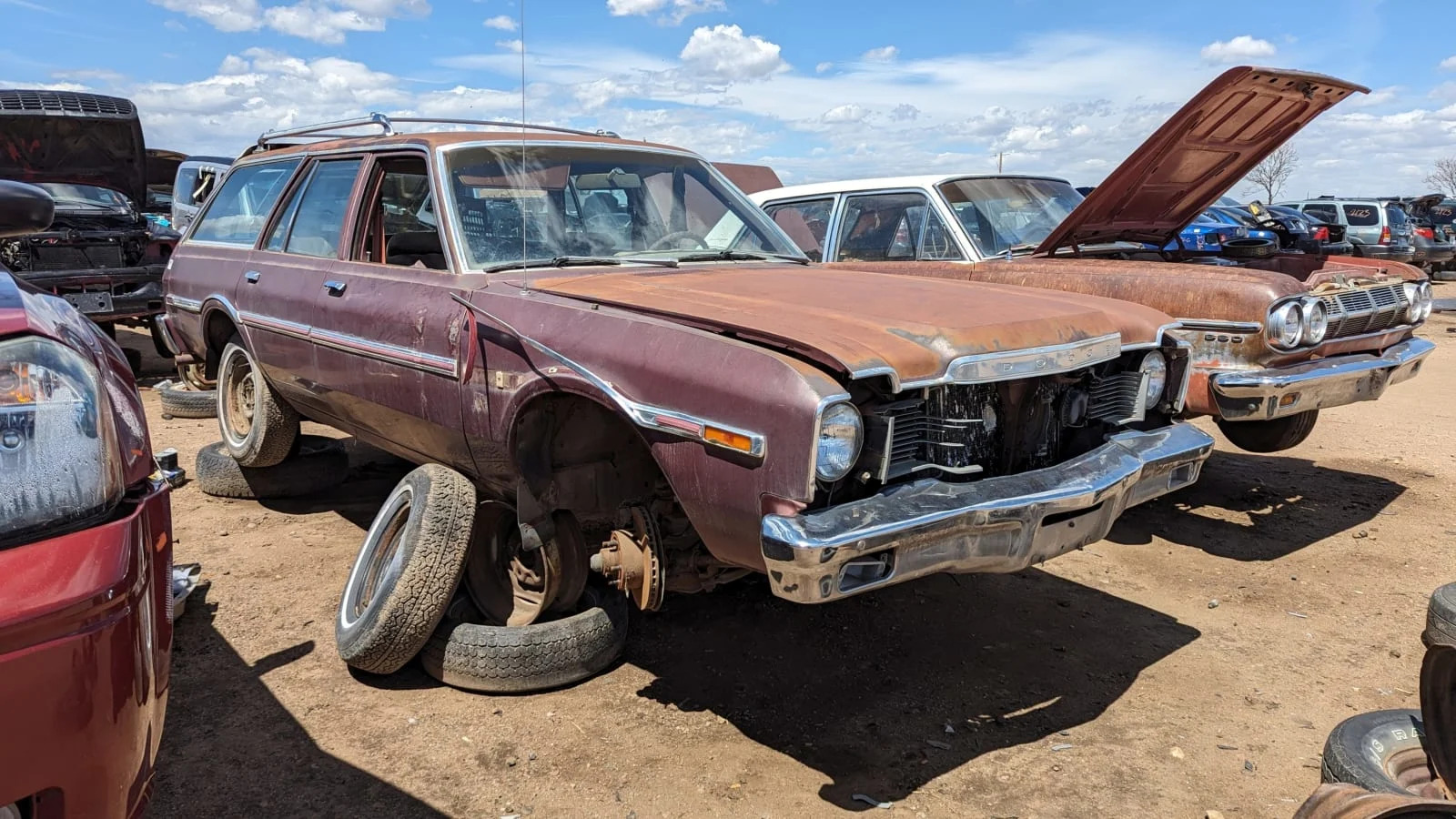
In 1977, American Dodge dealers offered car shoppers four sizes of new station wagon: the subcompact Colt (then in its final model year in wagon form here), the compact Aspen, the midsize Monaco and the full-size Royal Monaco. 1977 ties with 1964 for the title of Peak Wagon in the United States, with 47 different wagon models available here that year. The decline in wagon popularity happened slowly until 1984, when the introduction of the new front-wheel-drive Chrysler minivans and the Jeep XJ Cherokee marked the beginning of the end for the American longroof.
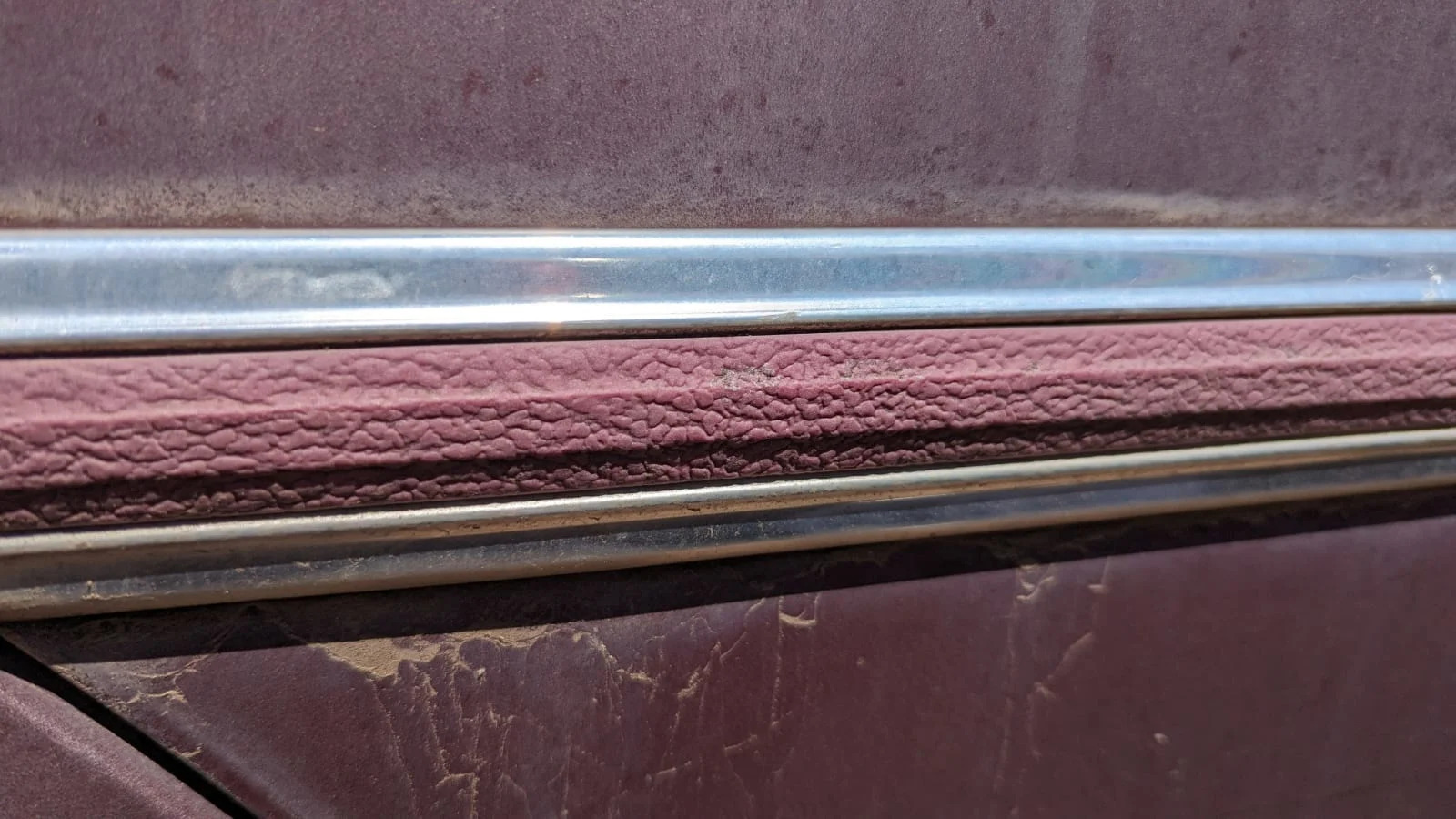
How much was the 1977 Aspen wagon? This one appears to be a top-of-the-range Special Edition, so its MRSP with 318 V8 and automatic transmission would have been $4,758, or about $25,403 in 2024 dollars. The cheapest possible 1977 Aspen wagon (with six-cylinder engine and three-on-the-tree manual transmission) started at $3,953 ($21,105 after inflation).
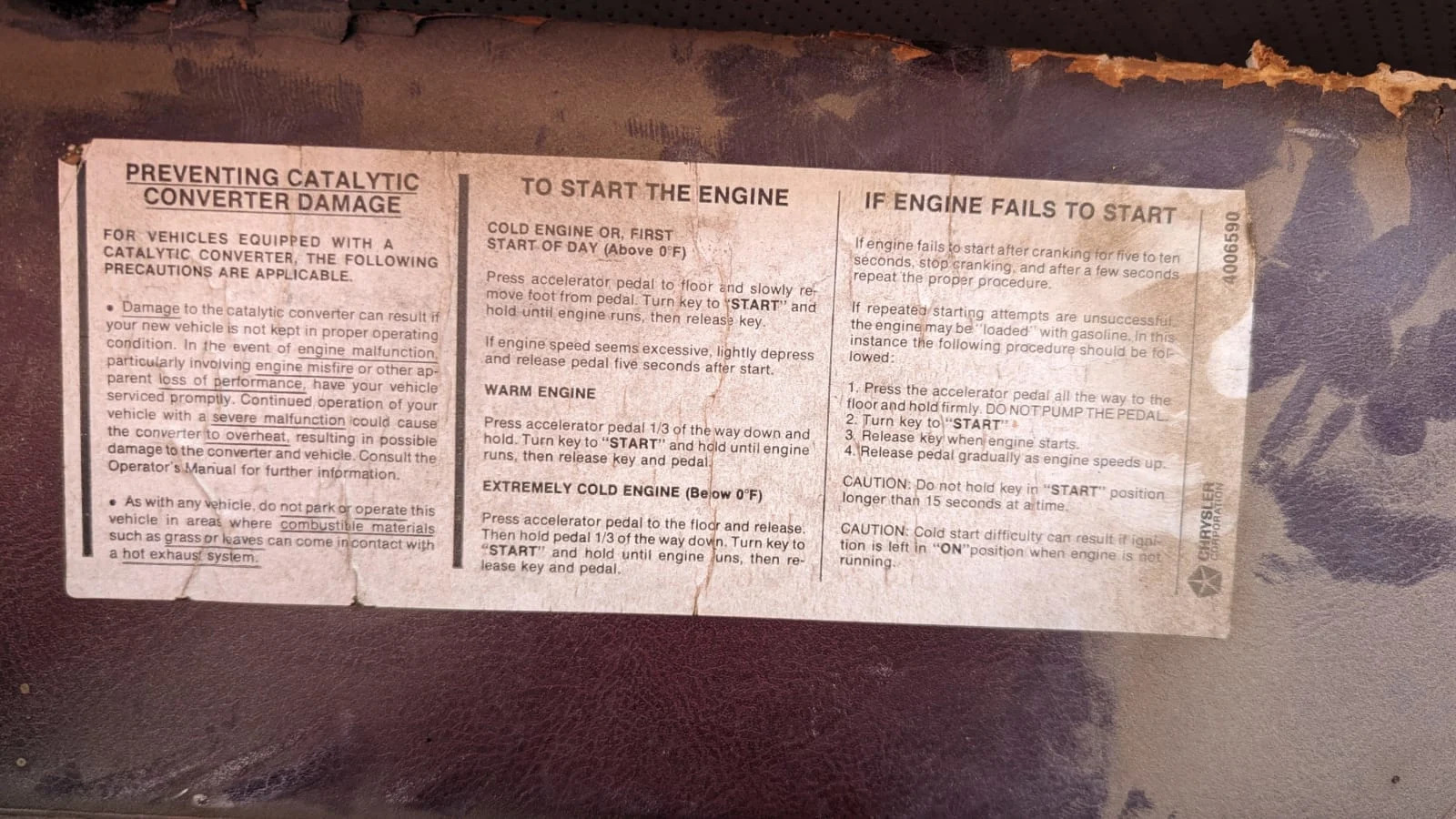
Meanwhile, the 1977 Colt wagon started at $3,900 ($20,822 today), so it wasn’t much cheaper than the Aspen.
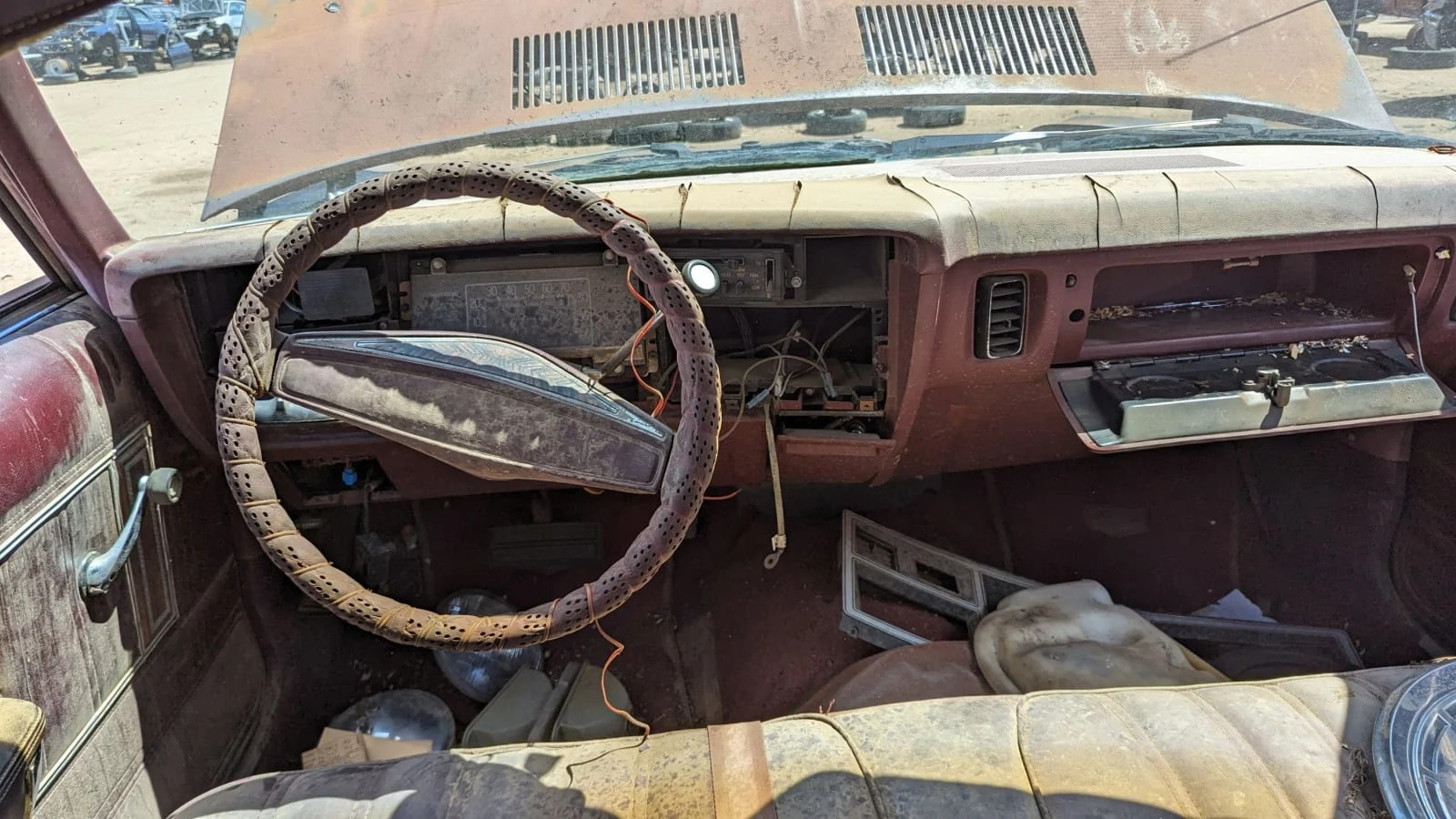
This car has some pricey options beyond the $270 ($1,442 now) automatic transmission, the biggest-ticket one being the $466 air conditioning ($2,488 in today’s money).
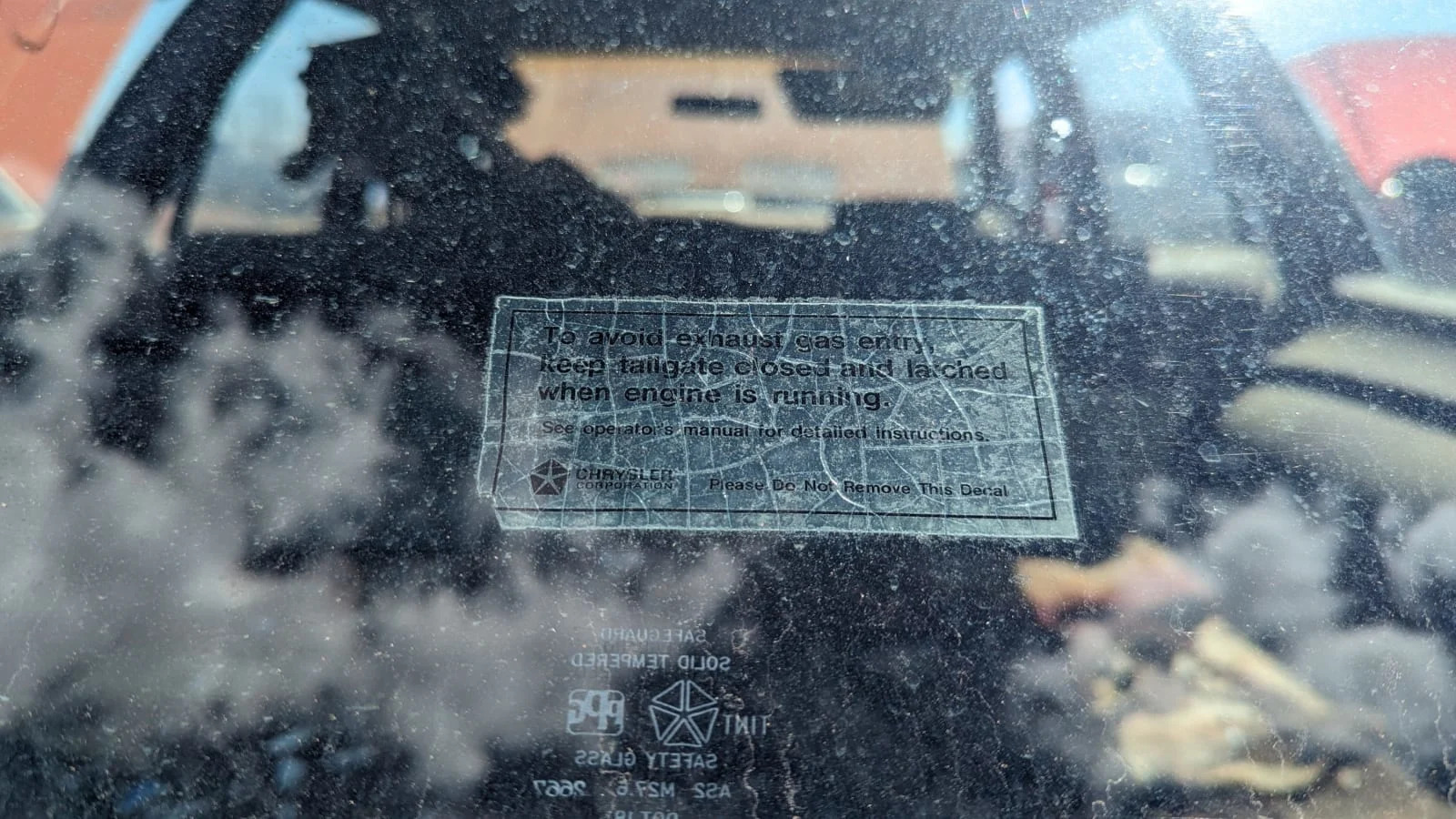
The rear window in the Aspen/Volaré wagons didn’t open, but Chrysler still included warning stickers to prevent users from driving or idling with the hatch-style tailgate open and huffing carbon monoxide.
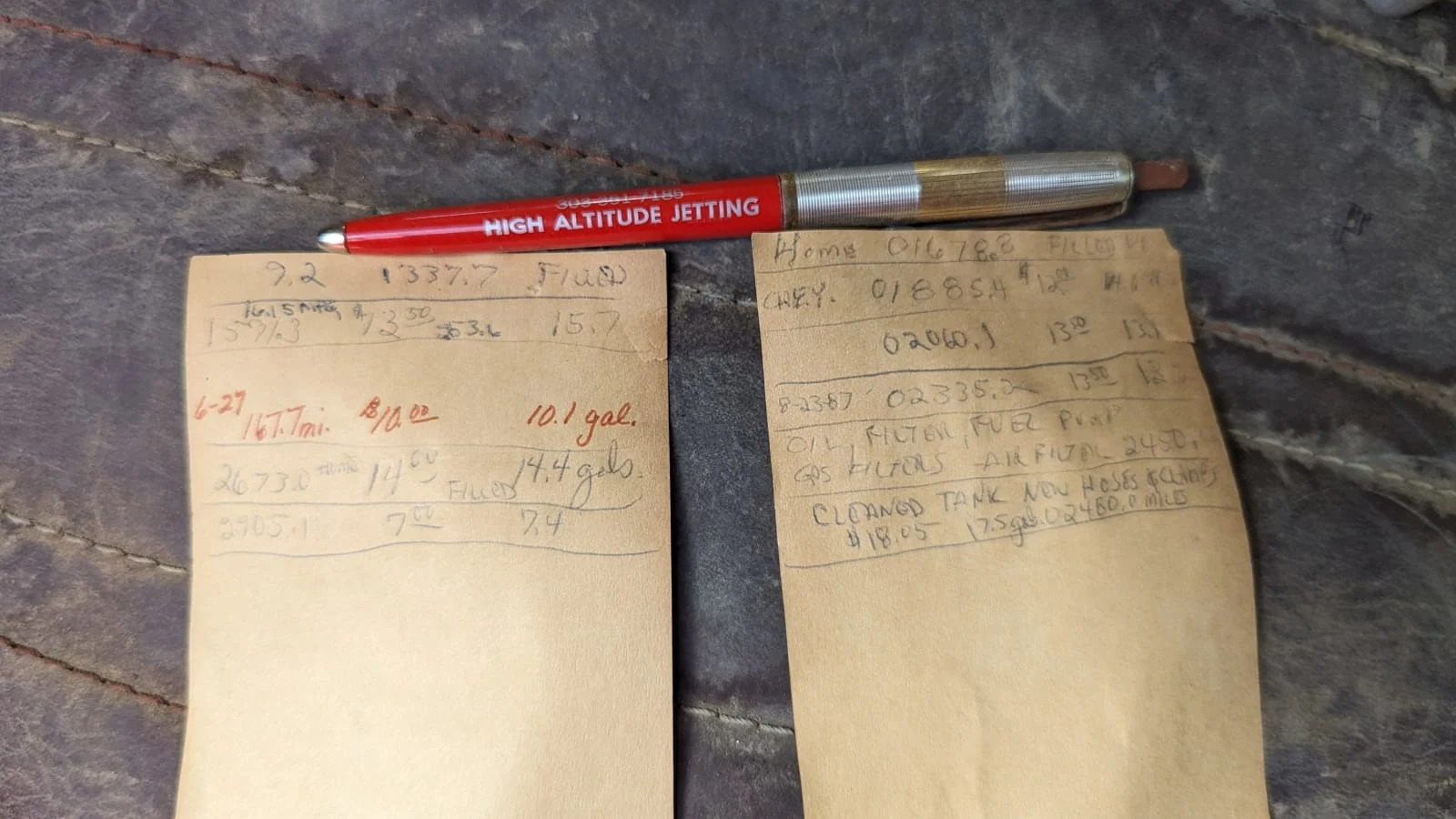
There were some notebook pages with maintenance and repair items dating from the 1980s inside.
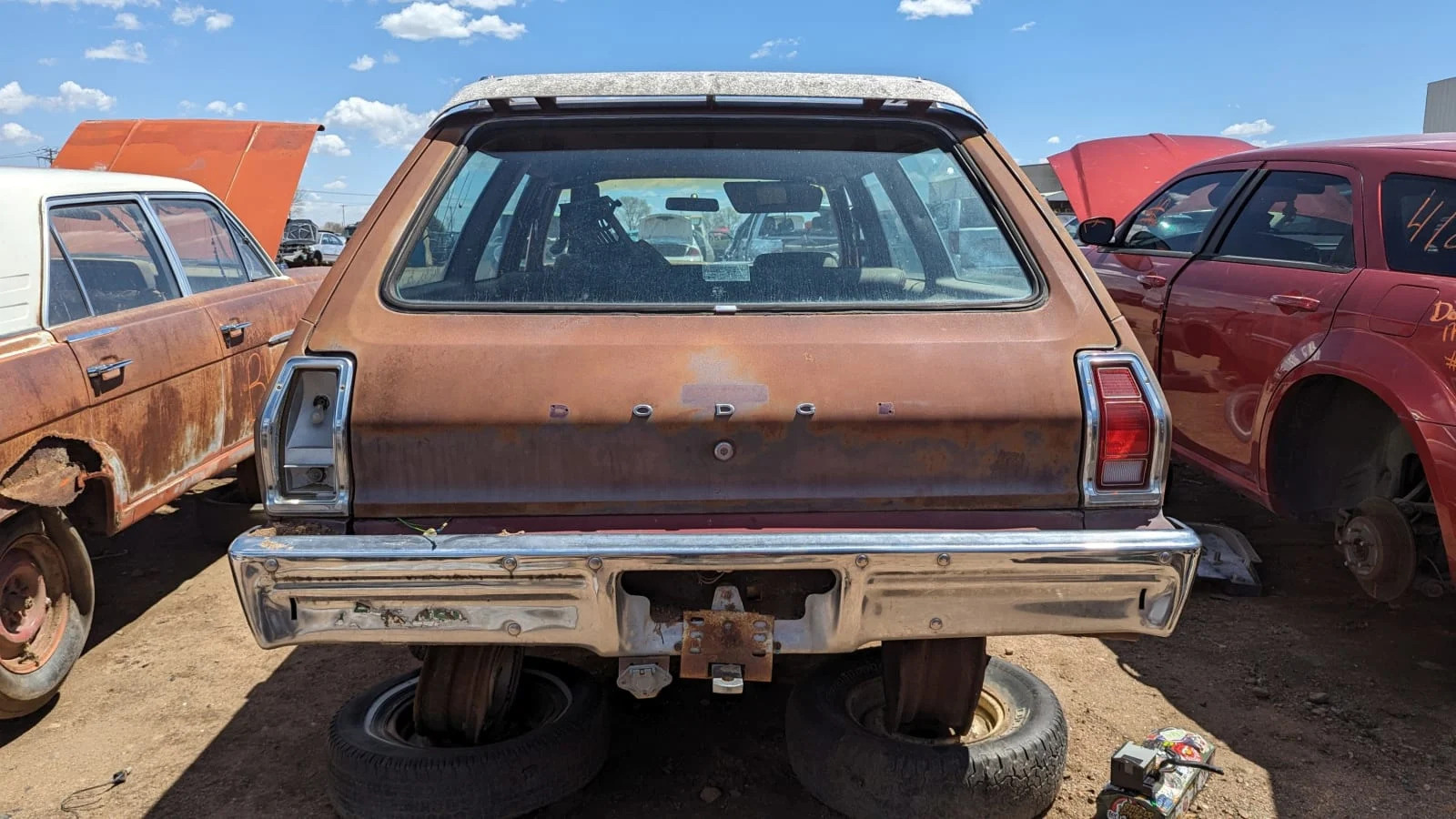
The Aspen/Volaré platform lived on, in slightly modified form, through the 1989 model year (when it underpinned such cars as the Dodge Diplomat and Chrysler Fifth Avenue). The final new Dodge wagon sold in the United States was the 2008 Magnum.
Hey, it’s Dr. Dolittle pitching the Aspen wagon!



